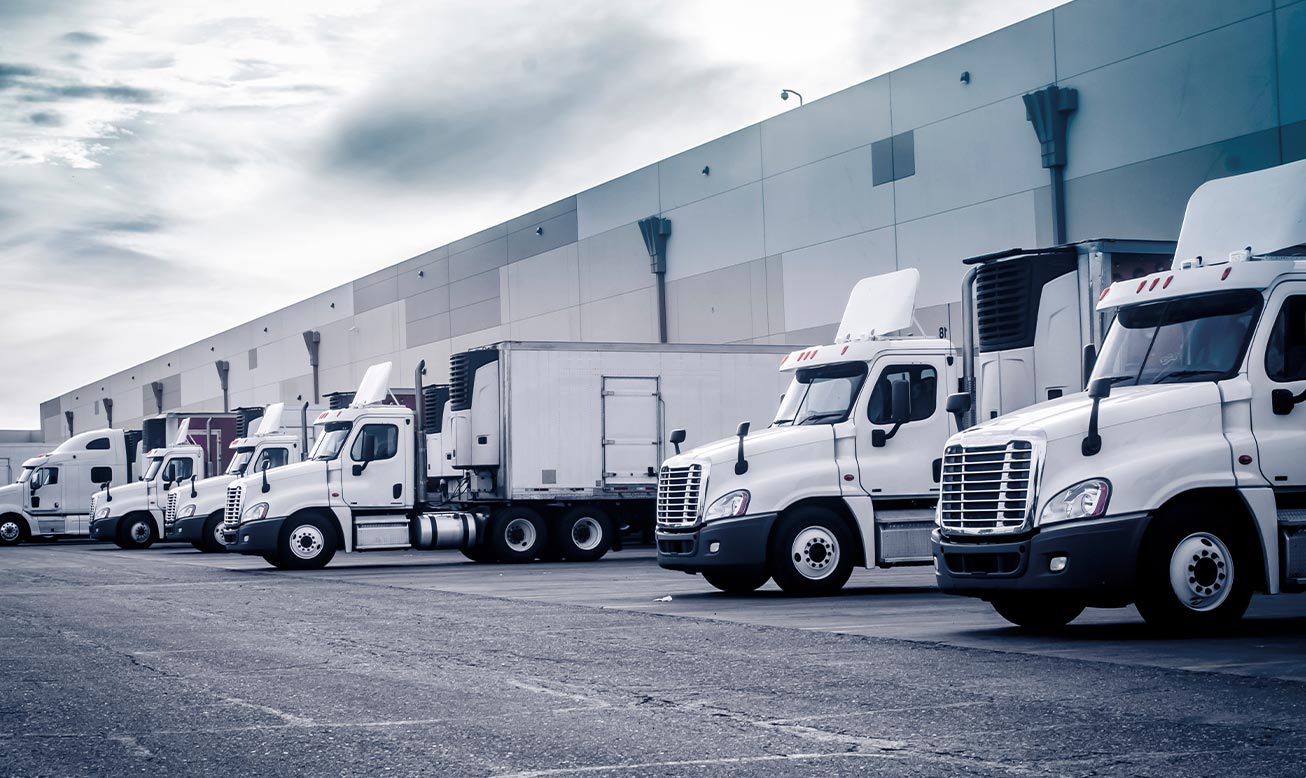June 22, 2024
What’s Happening in Supply Chain Evolution?
The business market is currently running through an endless evolution, and supply chains must continually adapt to keep pace with modern enterprises’ increasing and ever-changing demands. Historically, supply chains were confined to companies with physical storefronts. However, the rise of digital technologies, such as artificial intelligence (AI), big data analytics, the Internet of Things (IoT), and blockchain, has significantly transformed how businesses distribute goods, allowing for greater flexibility and reach. This transformation drives an important question: what are the next steps in supply chain evolution, and how will businesses respond?
The Evolution of Supply Chain Management
Early Supply Chains
The supply chain management (SCM) concept has a long history, evolving significantly over time. Initially, supply chains were straightforward, focusing on the movement of goods from production to physical retail stores. The primary concerns were logistics, warehousing, and ensuring products reached the consumer in a timely manner. These early supply chains were relatively simple and localized, reflecting the more limited reach of businesses at the time.
Globalization and Outsourcing
As businesses grew and globalization took hold, supply chains expanded and became more complex. Companies began to outsource manufacturing and other operations to other businesses, which allowed them to reduce costs. This shift brought the need for more sophisticated SCM practices to manage longer, more elaborate supply chains that spanned large distances. The modern supply chain began to take shape during this period, integrating advanced logistics, different shipping forms, and multi-tier supplier networks.
The Digital Revolution
The rise of the digital age has massively impacted supply chain management. Digitization has introduced new tools and technologies, enabling businesses to streamline operations, improve efficiency, and respond more swiftly to market changes. Technologies such as the Internet of Things (IoT), big data analytics, artificial intelligence (AI), and blockchain have revolutionized SCM, providing unprecedented visibility and control over the entire supply chain process.

Modern Supply Chain Management
Integration and Collaboration
These days, modern SCM emphasizes integration and collaboration. Supply chains are now highly interconnected networks involving multiple stakeholders, including suppliers, manufacturers, carriers, and retailers. Effective management requires seamless coordination and communication among all these parties. Meanwhile, advanced software solutions and platforms facilitate real-time data sharing and collaboration, ensuring that everyone is on the same page and has the ability to respond quickly to any changes or disruptions.
Agility and Flexibility
One of the main characteristics of modern supply chains is their need for agility and flexibility. Businesses must be able to pivot rapidly in response to market demands, disruptions, and new opportunities. This necessity requires supply chains to be efficient and adaptable. Agile supply chains leverage AI and machine learning technologies to predict trends, optimize inventory levels, and automate decision-making processes. This agility allows businesses to gain competitive edges in a crowded market.
The Digital Revolution
The rise of the digital age has massively impacted supply chain management. Digitization has introduced new tools and technologies, enabling businesses to streamline operations, improve efficiency, and respond more swiftly to market changes. Technologies such as the Internet of Things (IoT), big data analytics, artificial intelligence (AI), and blockchain have revolutionized SCM, providing unprecedented visibility and control over the entire supply chain process.
Sustainability and Ethics
Modern consumers are more conscious of their purchases’ social and environmental impacts. As a result, businesses are prioritizing sustainable sourcing, reducing carbon footprints, and ensuring fair labor practices throughout their supply chains. This transition toward sustainability requires rethinking traditional supply chain practices and the adoption of new methods of production and distribution.
The Final Frontier of Supply Chain Evolution
The Importance of Last Mile Delivery
One of the most critical aspects of modern supply chain management is last-mile delivery, which is the end stage in the delivery process where the product reaches its final destination. This step is the make-or-break point for customer satisfaction, loyalty, and retention. Efficient last-mile practices can make a massive difference between a positive and a negative purchasing experience.
Challenges of Last Mile Delivery
Urban congestion, varied delivery locations, and the demand for faster delivery times usually complicate the last-mile process. Additionally, e-commerce has led to a surge in last-mile deliveries, putting further pressure on logistics and distribution networks. That’s why businesses must find ways to overcome these challenges to meet customer expectations and maintain efficiency. Some innovative solutions to address these challenges might include:
Local Fulfillment Centers – Establishing small, strategically located fulfillment centers closer to urban areas can reduce delivery times and costs.
Advanced Technologies – Utilizing drones, autonomous vehicles, and robots enhances delivery efficiency and reduces human error.
Smart Pickup Points – Implementing intelligent designated pickup points offers customers convenient and secure delivery options.

The Future of Supply Chain Management
Technological Advancements
Ongoing technological advancements will shape the future of SCM. AI and machine learning will continue to drive improvements in predictive analytics, allowing businesses to anticipate and respond to demand fluctuations more accurately. Blockchain technology will enhance transparency and security, making it easier to verify authenticity and track orders throughout the supply chain.
Resilience and Risk Management
Global events, such as the recent COVID-19 pandemic, have highlighted the resilience of supply chains and the importance of robust risk management. Businesses increasingly focus on building resilient supply chains that can resist disruptions and recover quickly. This involves diversifying suppliers, efficiently investing, and implementing more robust risk management strategies.
Personalization and Customer-Centric Approaches
As the market’s expectations evolve, supply chains must become more customer-centric. This approach means offering personalized experiences, faster delivery options, and greater flexibility in how and when products are delivered. Data analytics and customer insights will be crucial tools for achieving this level of personalization.
The ongoing evolution of supply chain management refers to businesses’ adaptability and innovation in response to changing demands and technological advancements. Supply chains have come a long way from the early days of simple logistics to today’s complex, digitized networks. However, business demand continues to accelerate, and supply chains must evolve accordingly.
At Last Mile Logistics, we acknowledge that our industry remains a critical area of focus, with its unique challenges and opportunities for innovation. As we help your business strive to meet and exceed customer expectations, our experience in efficient delivery in the final mile will be a key differentiator. So please call us so we can evaluate your transportation needs.

